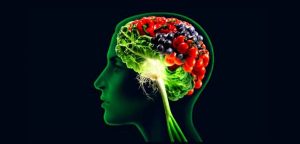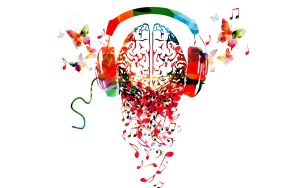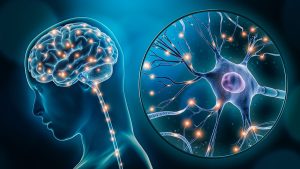Introduction
Sleep and depression are two interconnected aspects of our well-being that are often discussed together. Depression is a common mental health condition that affects millions of people worldwide, while sleep is a vital part of our daily routine that helps maintain our physical and mental health. In this article, we will explore the relationship between sleep and depression, the ways in which they influence each other, and the impact they have on our overall health and well-being.
What is Depression?
Depression is a common and serious mental health condition that can lead to feelings of sadness, hopelessness, and a loss of interest in activities that one once enjoyed. Depression affects both physical and mental health and can interfere with daily life, leading to problems with work, school, and relationships. Depression is a complex condition that can have a variety of causes, including biological, genetic, environmental, and psychological factors.
What is Sleep?
Sleep is a vital part of our daily routine that is essential for maintaining our physical and mental health. During sleep, our body repairs and regenerates tissues, while our brain consolidates memories and processes information. Sleep is also crucial for regulating our emotions, maintaining a healthy immune system, and promoting overall well-being. However, the quality and quantity of sleep can vary from person to person, and there are many factors that can influence the quality of sleep, including diet, lifestyle, and mental health.
The Relationship Between Sleep and Depression
The relationship between sleep and depression is complex and often bidirectional. People with depression may have difficulty falling asleep or staying asleep due to the emotional and physical symptoms of depression. At the same time, lack of sleep or poor sleep quality can make it difficult to manage the symptoms of depression. This can create a vicious cycle that exacerbates both depression and sleep problems.
Studies have shown that people with depression are more likely to experience sleep disturbances, such as insomnia, sleep apnea, and restless leg syndrome. According to a study published in the Journal of Affective Disorders in 2010, up to 90% of people with depression also have some form of sleep disturbance. Another study published in the Journal of Clinical Psychiatry found that sleep problems were more common in people with depression who also had other medical conditions, such as heart disease or diabetes.
Conversely, sleep problems can also increase the risk of developing depression. A study published in JAMA Psychiatry in 2014 found that people with insomnia were more likely to develop depression than people without insomnia. Another study published in the Journal of Psychiatric Research in 2017 found that people who reported low sleep quality were more likely to experience depressive symptoms.
How to Improve Sleep and Manage Depression
Improving Sleep
There are several ways to improve sleep and manage sleep problems, including:
- Establishing a regular sleep routine
- Avoiding caffeine, nicotine, and alcohol before bedtime
- Engaging in relaxation techniques, such as meditation and deep breathing exercises
- Creating a comfortable sleep environment by keeping the room dark, cool, and quiet
- Avoiding stimulating activities before bedtime, such as work or exercise
Managing Depression
Depression can be managed through a variety of treatment options, including:
- Psychotherapy, including cognitive-behavioral therapy and interpersonal therapy
- Antidepressant medication
- Light therapy
- Regular exercise
- Adopting a healthy lifestyle, including a balanced diet and regular sleep schedule
The Impact of Sleep and Depression on Overall Health
The impact of sleep and depression on our overall health is significant. Lack of sleep or poor sleep quality can lead to a range of health problems, including obesity, diabetes, heart disease, and stroke. Depression can also lead to physical health problems, including chronic pain, gastrointestinal problems, and immune system dysfunction. By managing sleep and depression, we can improve our overall health and well-being.
Conclusion
In conclusion, sleep and depression are closely linked aspects of our well-being that can significantly impact our physical and mental health. When left unaddressed, sleep problems and depression can lead to a range of health problems, but by managing both, we can improve our overall health and well-being. Through adopting healthy lifestyle habits, seeking treatment for depression, and addressing sleep problems, we can break the cycle of poor sleep and depression and pave the way for better health and well-being.








